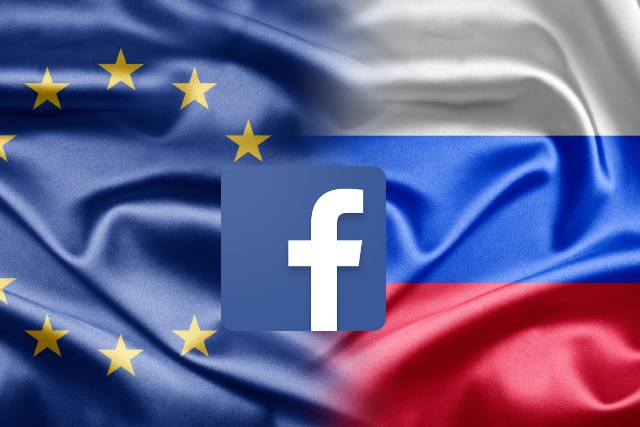
Facebook asked to investigate Russian influence on EU referendum
It is now widely accepted that Russia -- at least to some degree -- tried to influence the outcome of the US presidential election through the use of ads placed on Facebook.
Attention now turns to Europe, where the UK's digital, culture, media and sport committee is asking Mark Zuckerberg to investigate potential interference in the UK general election, as well as the EU referendum that led to Brexit.

Kaspersky's new 'global transparency initiative' aims to rebuild trust by submitting source code for review
Kaspersky software was recently banned from US government computers over fears that the security company has links to the Russian government. This is something Kaspersky vehemently denies, and now it has announced a new "global transparency initiative" to try to win back trust.
Part of the newly transparent Kaspersky will see the company submitting source code for current and future software to "the broader information-security community and other stakeholders." It is hoping that the scrutiny will put to bed ideas that it has been engaged in espionage with the Russian authorities.

Russia set to take on Bitcoin with its own 'CryptoRuble'
Having earlier called for crypto currencies to be banned, Russian President Vladimir Putin has now officially stated that Russia will issue its own CryptoRuble using Blockchain technology.
According to communications minister Nikolay Nikiforov, CryptoRubles will be exchangeable for conventional Rubles and will be accepted by Russian banks. However, holders will need to pay 13 percent tax if they don't provide proof of origin, a measure intended to combat money laundering.

Report: Russian hackers stole NSA files after identifying them using Kaspersky software
A report by the Wall Street Journal suggests that Russian hackers used Kaspersky software to identify sensitive NSA files -- which they then stole.
The security breach dates back to 2015, and it was made possible when a National Security Agency contractor copied sensitive files to his own computer. Hackers were then able to identify these files because of the contractor's use of Kaspersky software.
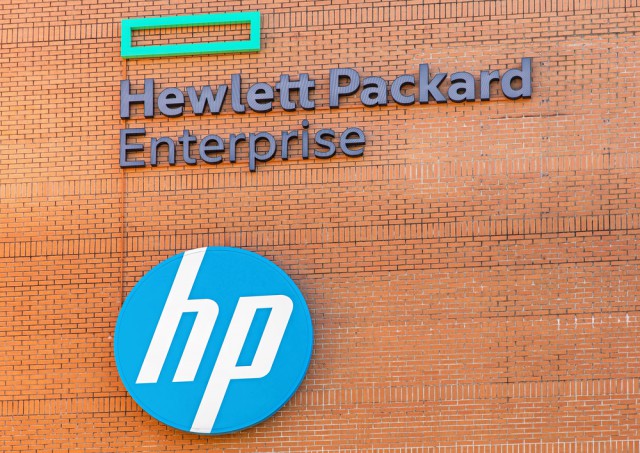
HPE gave Russia access to Pentagon security software
HPE has come under fire over claims that it gave Russian defense forces access to review software it sold to the Pentagon to supposedly protect the agency's networks.
According to regulatory records seen by Reuters, HPE gave Russian defense agencies access to its ArcSight software as part of a bid to gain the certification needed to sell its software to the Russian public sector.
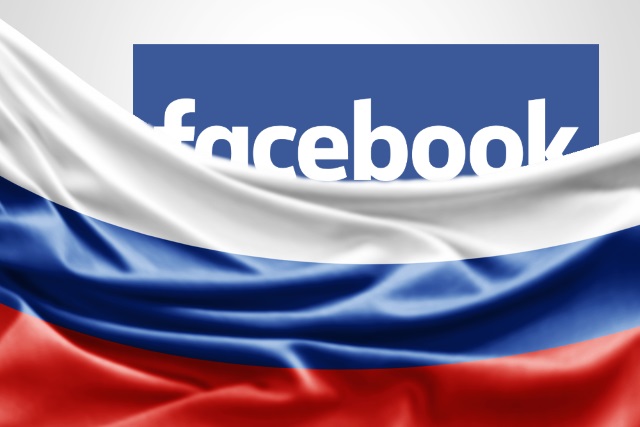
10 million US Facebook users saw divisive ads bought by Russia
It's no secret that Russia tried to influence the outcome of the US election last year using a variety of techniques including the use of advertising on Facebook. The social network recently said that it would share details of these ads with Congress, but would not be making them public.
But while the company is not making the ads themselves available for all to see, it has revealed some more details about them -- including the fact that they were seen by an estimated 10 million people in the US. Facebook also says that 44 percent of more than 3,000 Russian-placed ads were seen prior to the election.
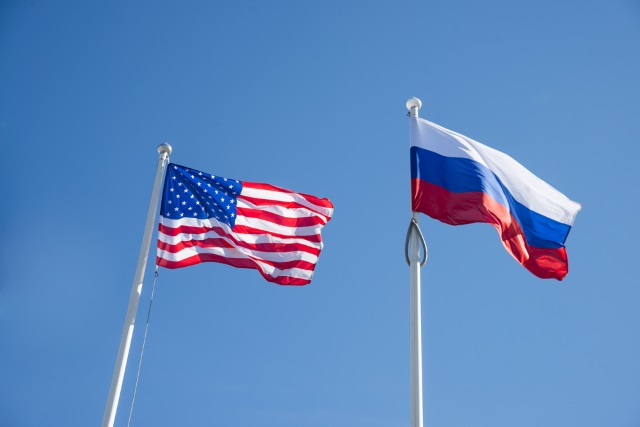
Warning issued: Russia tried to hack election systems in at least 21 US states and was successful in some
Russian hackers successfully compromised election systems in some states during the 2016 election. There have long been suggestions that Russia tried to influence the outcome of the Trump vs Clinton election, and now the Department of Homeland Security has informed 21 states that their systems were targeted.
This means that the DHS has concerns about almost half of the states of America, but so far only Illinois has been confirmed as having been successfully compromised.

Promobot talks about service robotics and the future of the industry [Q&A]
Robots are one of the main world trends in the world of technology. Automation and AI are increasingly entering our lives, and robotics is the most dynamically developing industry.
Russian company Promobot is the largest manufacturer of autonomous service robots in Russia, Northern and Eastern Europe. Several hundred Promobot robots already work in the US, China, Kazakhstan, Ireland, the UK, Spain, Chile and other countries around the world. They work as administrators, promoters, hostesses, are able to increase the financial performance of companies, the quality of service and customer loyalty.

Facebook to share Russian election-era ads with Congress -- but won't make them public
Facebook is to provide Congress with 3,000 advertisements taken out by Russians in the run-up to the 2016 US election. The social media giant says that it is "actively working" with the government in its investigation into Russian interference into the election.
Earlier in the month it was revealed that a group operating out of Russia had taken out $100,000 worth of advertising with a "focus on amplifying divisive social and political messages across the ideological spectrum." But while Facebook is willing to share the ads with Congress, they are not going to be made public.

Kaspersky software banned from US government systems over concerns about Russia
The Department of Homeland Security has told US government agencies to remove Kaspersky software from their systems. The directive was issued because of concerns about influence exerted over the company by the Russian government.
Government agencies have been given three months to identify and start to remove Kaspersky's security products. Kaspersky has constantly denied connections to the Russian government, but the US is simply not willing to take the risk.
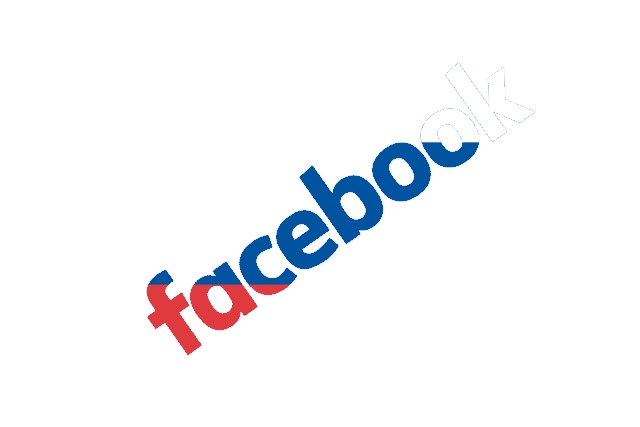
Facebook says it is likely Russia paid for polarizing political ads during US election
Speculation about Russian interference in the US election that saw Donald Trump propelled to presidency has been rife for months. Now Facebook has conceded that it's likely that a group operating out of Russia was responsible for taking out $100,000 worth of advertising that "focus[ed] on amplifying divisive social and political messages across the ideological spectrum."
The ads appeared between 2015 and 2017, and touched on polarizing topics such as gun rights, LGBT issues, race and immigration. Facebook is quick to point out that the advertising related to "inauthentic" accounts and Pages and that these have now been closed down, and the social network continues to help with federal inquiries into attempts to control the outcome of the 2016 election.

FBI wants US businesses to stop using Kaspersky software
The FBI has admitted that it is actively discouraging businesses to not use security products from Kaspersky Lab.
Rob Joyce, the US government's Cyber Security Coordinator, said that the agency has been actively trying to convince companies in the private sector to no longer use products from the Russian security firm following a number of recent concerns.
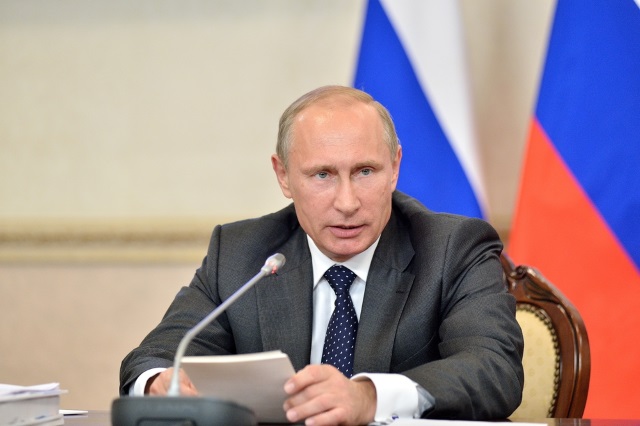
Putin bans VPNs and proxies in Russia as Apple explains pulling VPNs from Chinese App Store
VPNs and proxies are now illegal in Russia after Vladimir Putin signed a new law which prohibits technology that can be used to access websites that are banned in the country. The law also prevents people from using tools to stay anonymous online, and a second law requires users of messaging tools to be identifiable through their phone numbers.
As Russia hardens it implementation of government-imposed censorship, Apple has explained the sudden disappearance of around 60 VPN tools from the Chinese version of its App Store. The actions of both countries are seen as attempts to further thwart freedom of speech.
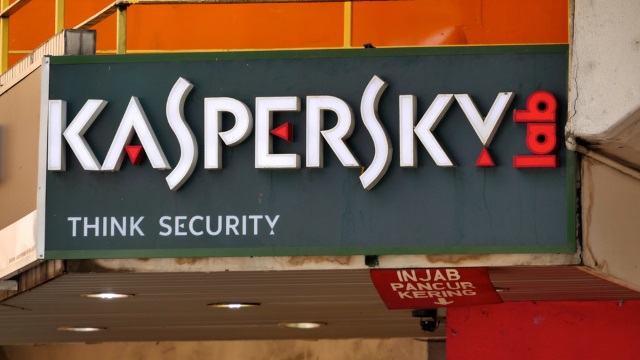
Congress continues Kaspersky probe fearing 'nefarious activities against the United States'
US suspicions about Kaspersky's links to Vladimir Putin are not diminishing. The government has been tracking the Russian security company, and now Congress is seeking information from 22 government agencies about the firm.
The US House of Representatives Committee on Science, Space and Technology has written to the agencies asking for documents, citing fears that Kaspersky Lab's products could be used to carry out "nefarious activities against the United States."
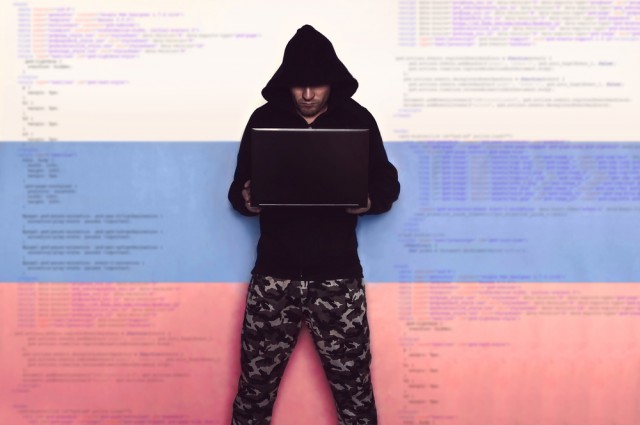
Russia tried to spy on Macron campaign using fake Facebook accounts
This is why you never accept Facebook friend requests from people you don't know, kids.
Reuters has reported that Russian agents created two dozen fake Facebook accounts to try and infiltrate and spy on campaign officials working for Emmanuel Macron during his presidential campaign.
